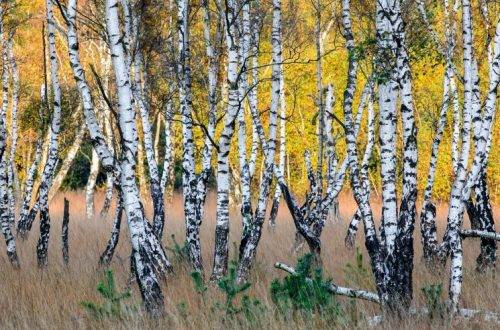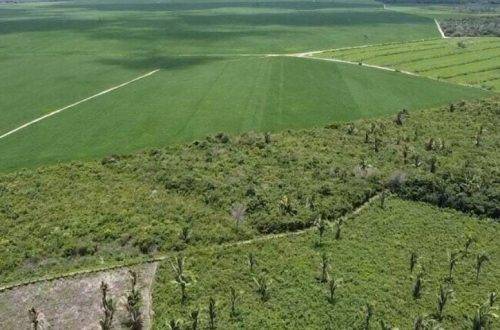Time For PNG NGO’s To Shape Up Or Ship Out
The role and behaviour of NGO’s in PNG has again come under scrutiny as relations with international investors, the National Government, landowners and local communities threaten to reach breaking point. Misrepresentation, manipulation of facts and instigation of public violence are just some of the claims that have been lodged against NGO’s operating in the country in recent weeks. With PNG on the brink of a period of sustained economic growth, it is no wonder the National Government is worried.
Billions of dollars have been pouring into PNG for resource projects. Besides the AUD 16.5 billion ExxonMobil LNG project, there are promising gas finds in Western and Gulf Provinces and over USD 15 billion of copper-gold projects in Morobe that are close to full-feasibility mode. Delays to the Ramu NiCo project would have cost the country up to 3,000 jobs and 1.4% of GDP growth. The perceived risk from NGO activity could impact future foreign direct investment in PNG.
PNG’s Mining Minister, Mr. John Pundari, recently issued a statement calling for the National Government to consider setting up a governing body that would ensure all NGOs operating in the country work within a set policy framework. The aim of the body, he said, was to ensure that those NGO’s whose “interests were not genuine,” would be held responsible and accountable for the actions they carry out in their name or on behalf of another group.
The statement was met with a savage response from NGO’s in the country, led by Mr. Noel Anjo of the PNG NGO and Civil Society Coalition, who told international media that the idea was ‘unconstitutional’ and failed to recognise the good work done by NGO’s in the country.
Yet a serious case against activist groups stalling development projects has emerged.
The Bismarck Ramu Group (BRG) has opposed the Ramu-NiCo project, claiming to represent the interests of the local level government (LLG) of Saidor, Madang. Yet the Saidor LLG has formally disassociated itself from BRG. Senior officials from Saidor filed affidavits at the National Court, claiming BRG is foreign-owned and “using the Ramu NiCo project landowners of Basamuk to secure overseas funding for its own benefit.” The affidavits also claim BRG has not been transparent or accountable, and does not share their interests, i.e. having the Ramu NiCo project continue.
More recently, Eastern Highlands Province has been the scene of appalling public violence – including looting, rape and physical injury – levelled at Asian families and businesses. According to Highlands Police, who attempted to contain violence in the town of Kainantu, the Anti-Asian action was instigated after a ‘protest tour’ by Noel Anjo and the NGO Coalition. Authorities have since warned the tour against entering other regions of PNG.
The use of race politics in environmental campaigns in Papua New Guinea is not new. Last year Greenpeace was criticised by PNG’s forest industry for anti-Chinese sentiment in Papua New Guinea.
Questions over the motives of PNG’s environmental campaigners – and whether they align with the interests of local communities – have recently been asked, with the revelation that the long running process of legal challenges against forestry concessions has been funded for the most part by Norwegian charities.
PNG’s development indicators are among the lowest in the world. Foreign investment is a spur to development. NGO’s must start working genuinely with the National Government, communities and business. Currently they are simply anti-development and accountable to no-one.



